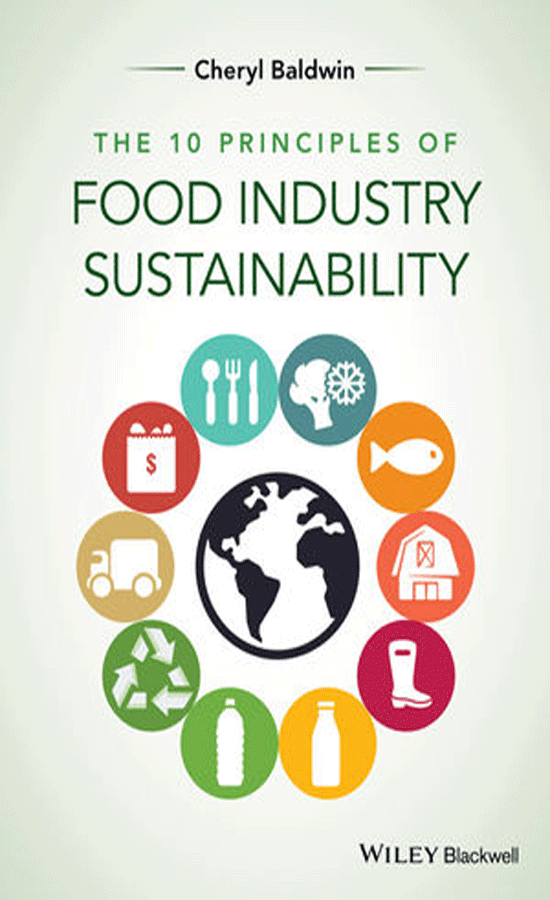Business Strategies
Sustainability: a real-world definition


Sustainability is a hot topic among many different organizations. But what does sustainability really mean?
The concept was introduced by William Foster Lloyd in 1833. Lloyd referred to sustainability as the overuse of a common by its commoners. By 1968, economist Garrett Harding published a paper, “The Tragedy of the Commons,” which explored Lloyd’s concept as it related to population growth current to the time period. As the world’s population continued to grow, this concept was expanded to include methods of using a resource so that the resource is not depleted or permanently damaged as well as relating to the lifestyles involving the use of sustainable methods.
It is common place to see sustainability statements in the corporate world from companies of all kind causing the question previously posed. What does sustainability really mean?
In our society today, you must first decide with your customer what sustainability means to them in relationship to your company.
With certain retailers, it means driving cost out of their system by reducing raw-material waste or packaging, and/or minimizing their carbon footprint. It accomplishes the common good, but the primary purpose is to drive out cost as well. Other retailers are very serious about saving the planet and long-term planning for future generations through a series of green initiatives.
Jay Edwards, president of Pack2Sustain LLC, says environmental performance is just one of the three pillars of sustainability.
“The other two address economic performances and social performance,” Edwards states. “Packaging impacts sustainability across all three of these areas and also plays a significant role in the advancement of public health.”
It is possible to apply sound business principles to consumer packaged-goods manufacturing to minimize consumption of valuable resources while optimizing consumer appeal. Although packaging seems to be a major focus of many corporations, sustainability is a much more comprehensive subject.
In terms of agriculture, the Agricultural Sustainability Institute at University of California-Davis states on its Web site: “Sustainable agriculture integrates three main goals — environmental health, economic profitability, and social and economic equity.”
There is a new generation of farmers that are initiating innovative practices to encompass these concepts. With the Earth’s population increasing and the rising middle class in other parts of the world, food consumption will double by the year 2050. We will be required, as food manufacturers and stewards of agriculture, to produce this extra food with a similar footprint in terms of land and resources that we currently utilize.
I have served on corporate boards where sustainability means the survival of the corporation. This focuses around making sure that the business model is relevant to drive enough revenue to create a profit and replenish capital. However, this type of sustainability is fairly short-sighted and typically does not lead to good environmental decisions.
When one studies the United States and the percentage of the world’s resources that are consumed by our country, we contribute dramatically to overconsumption for the purpose of vanity and gluttony. We have a massive carbon footprint that has global impact and it is our obligation to the world to see this reduced.
While we need to apply intelligent science and good common sense to maintain consumer appeal, we should also examine production methods used in the past to determine the wisdom of our forefathers and apply their knowledge if applicable.
It may take a village to raise a child, but it will take a nation of conscientious minds to make true sustainability a reality in the United States.
Looking for a reprint of this article?
From high-res PDFs to custom plaques, order your copy today!








